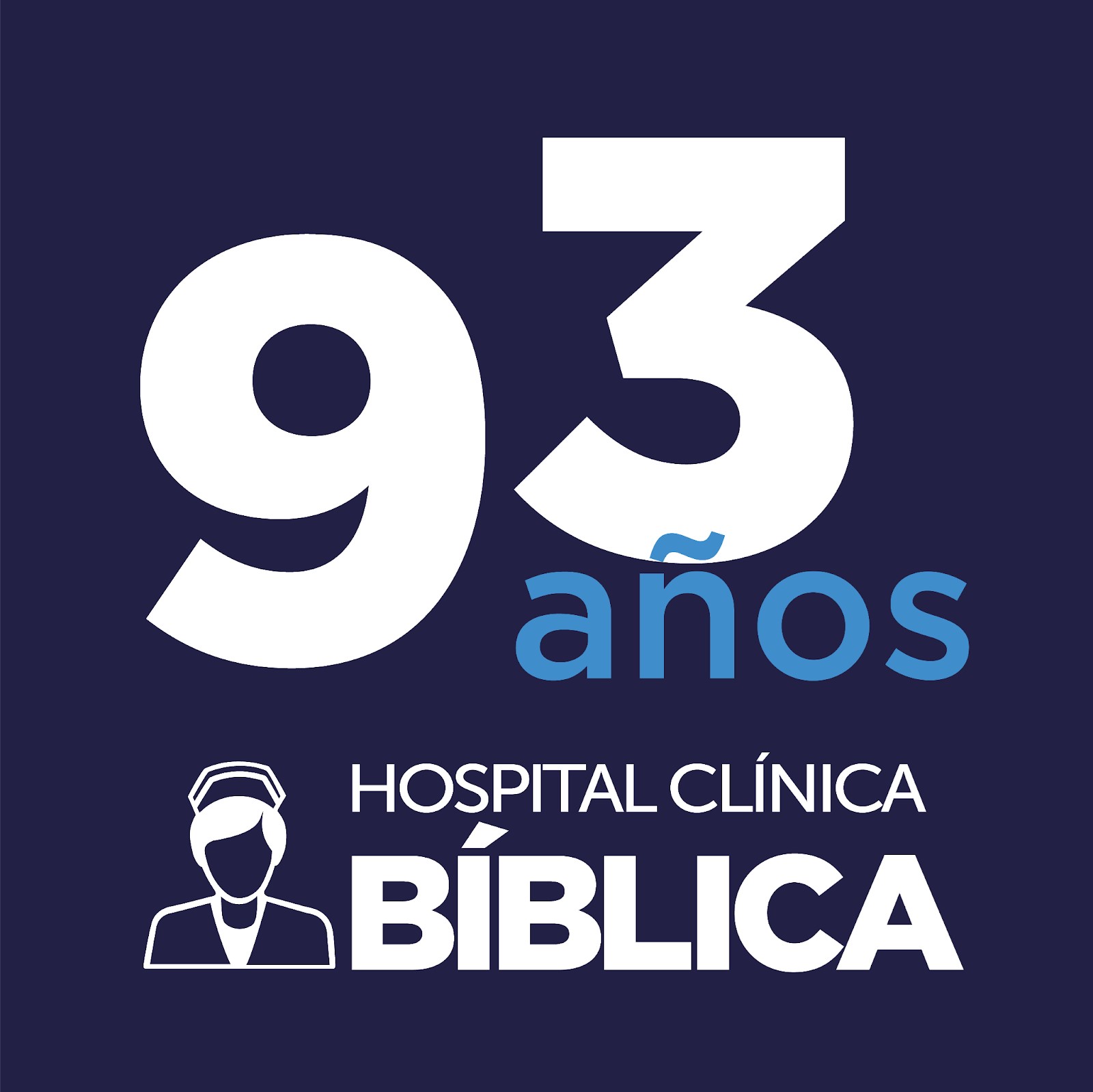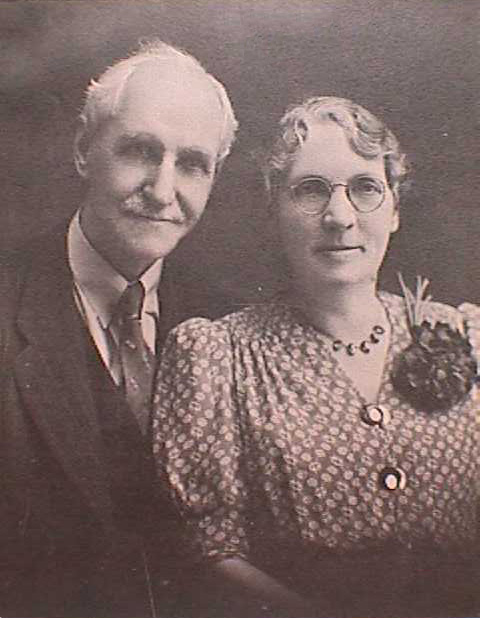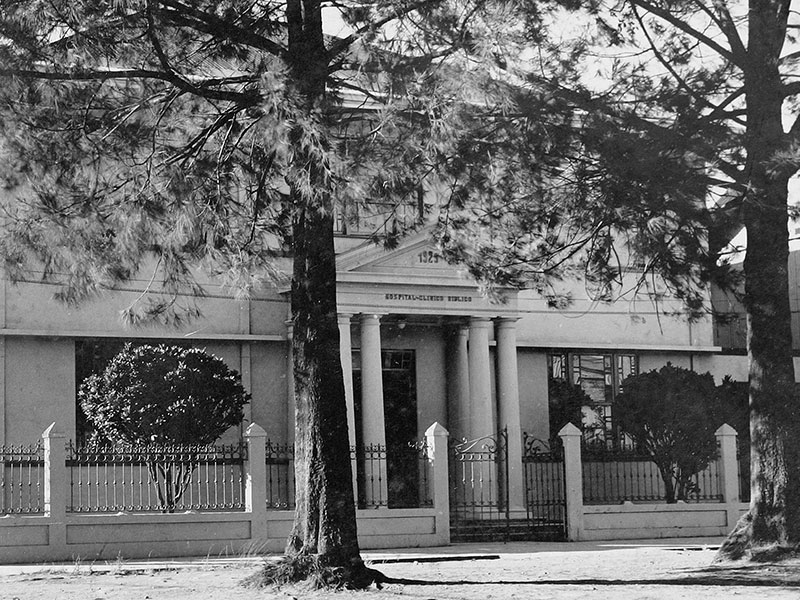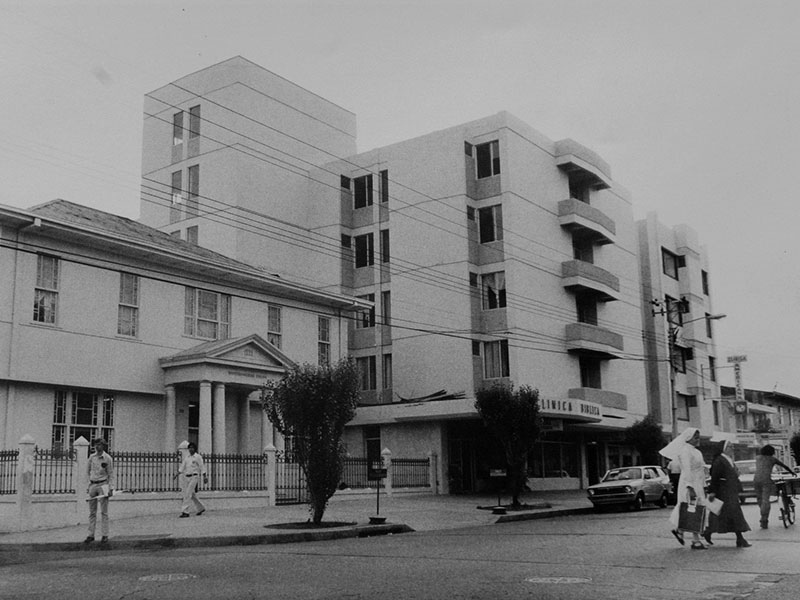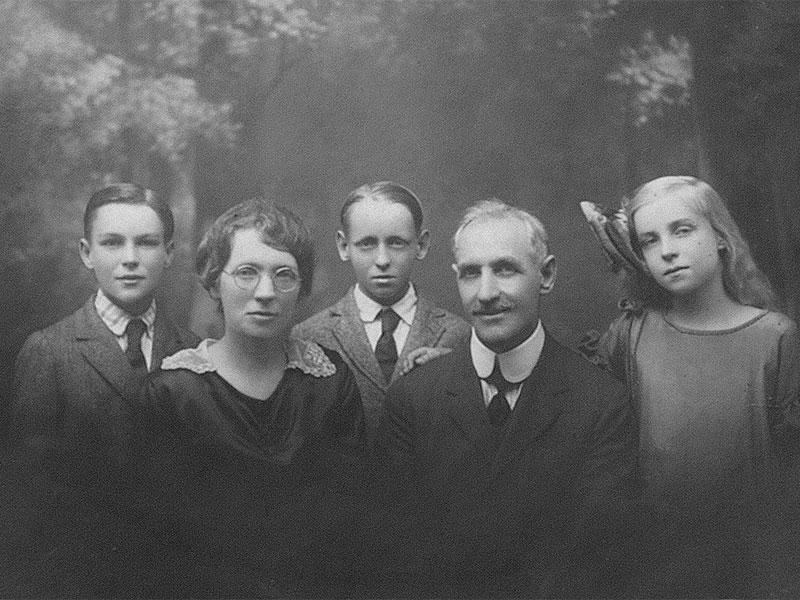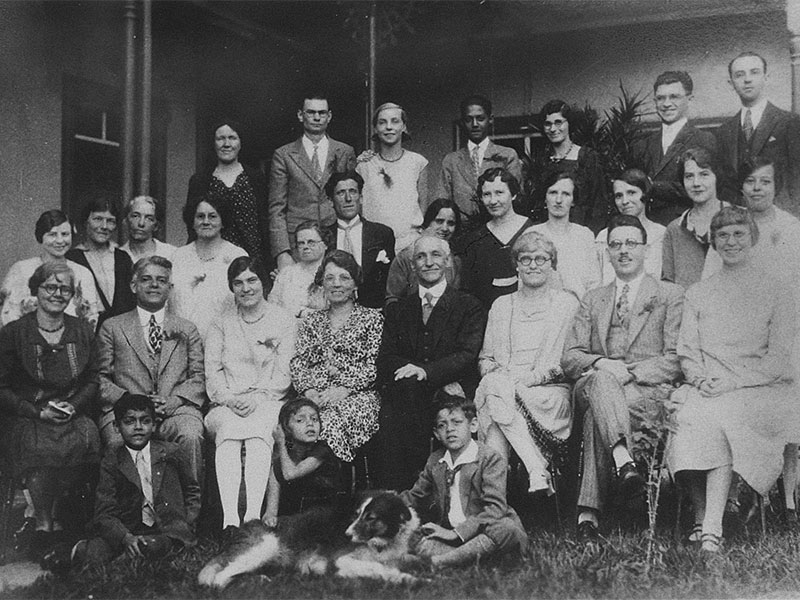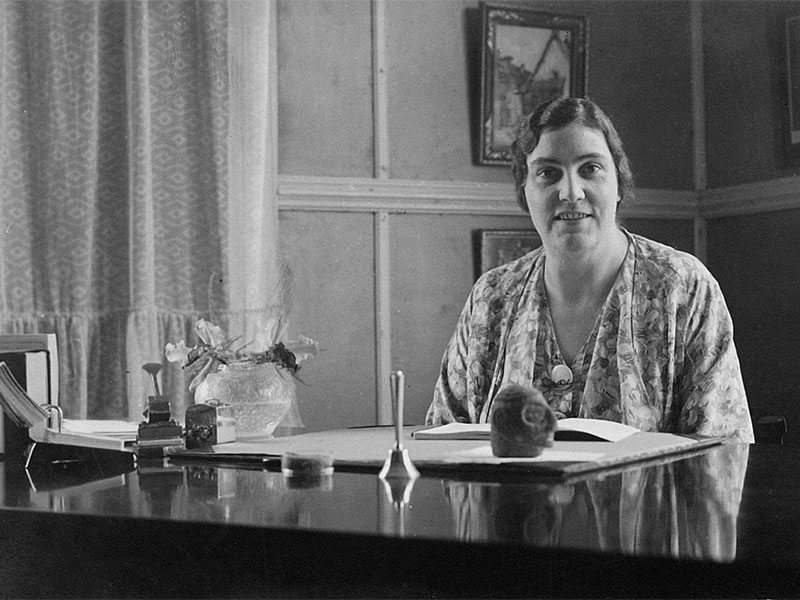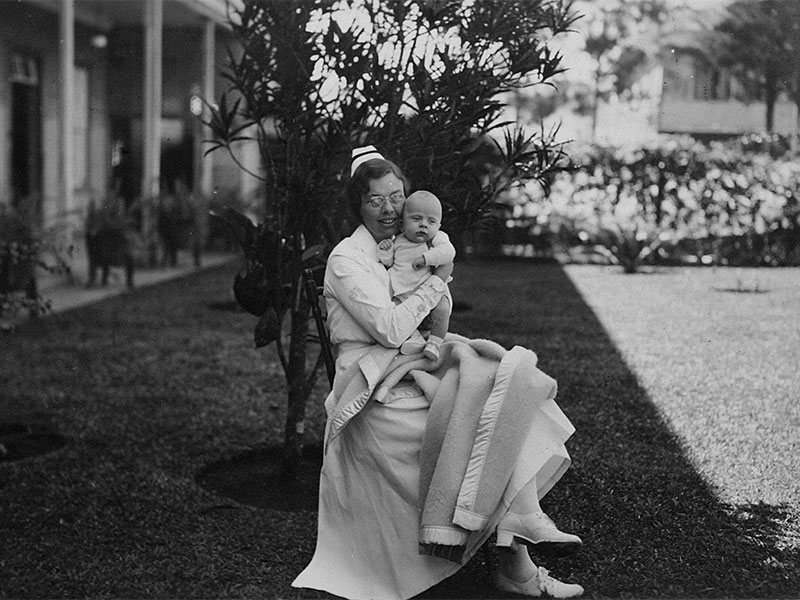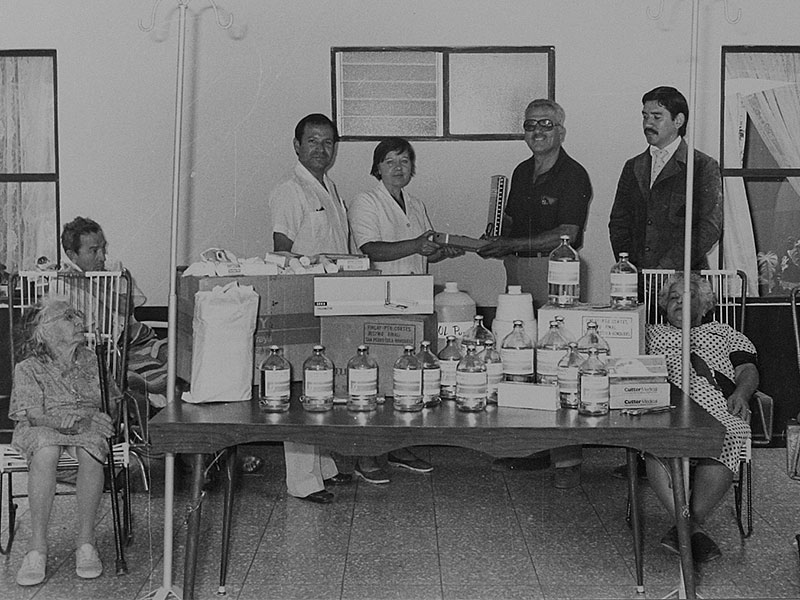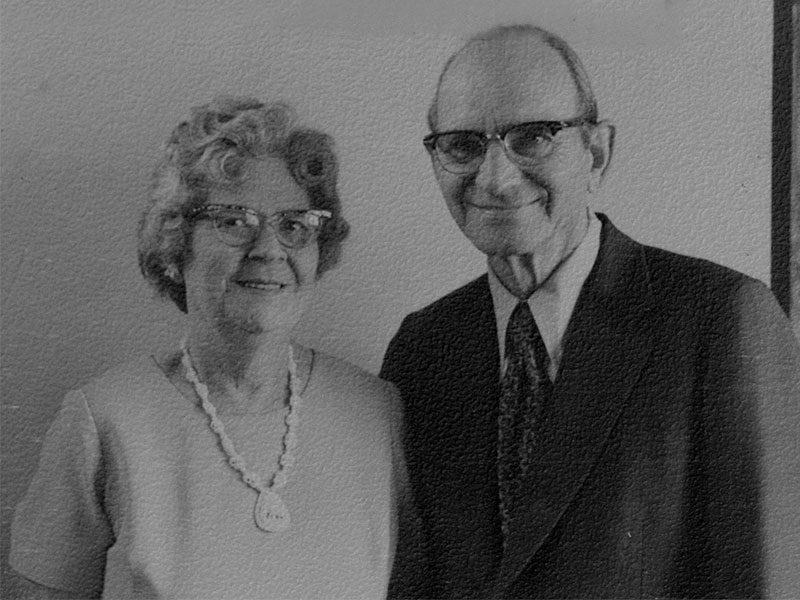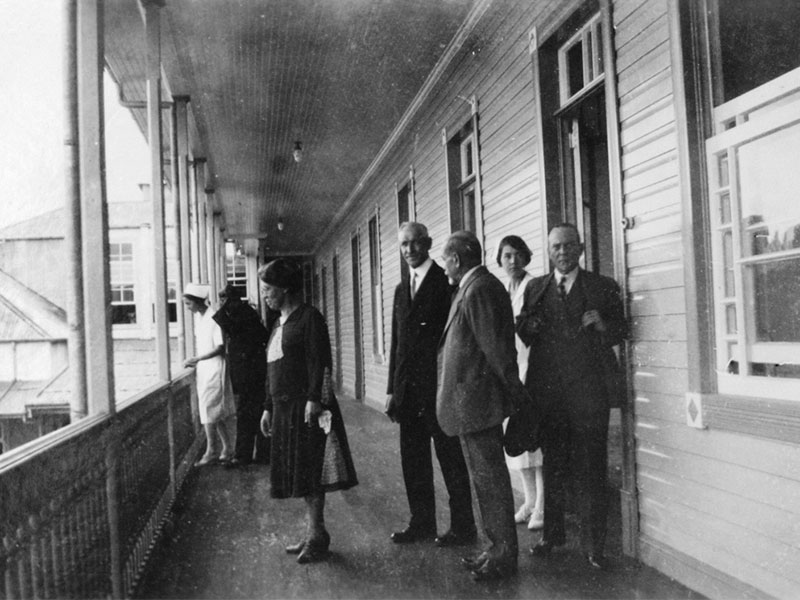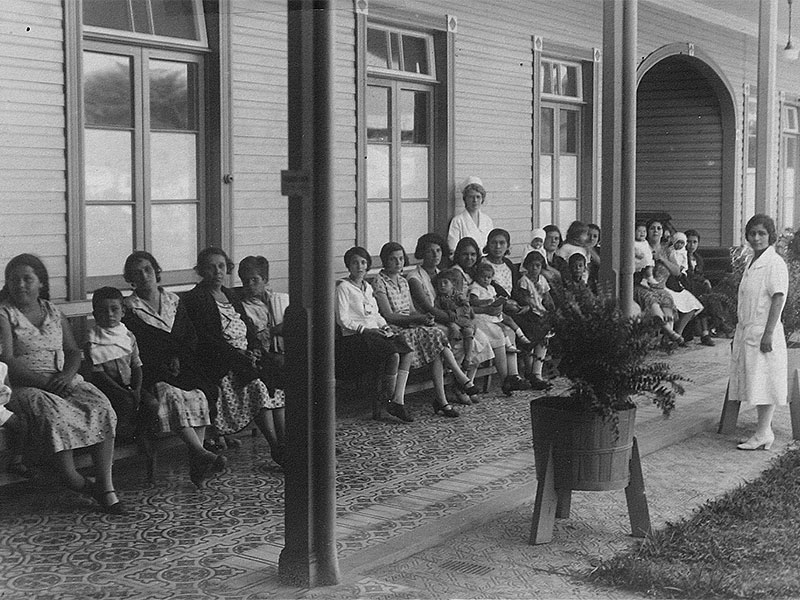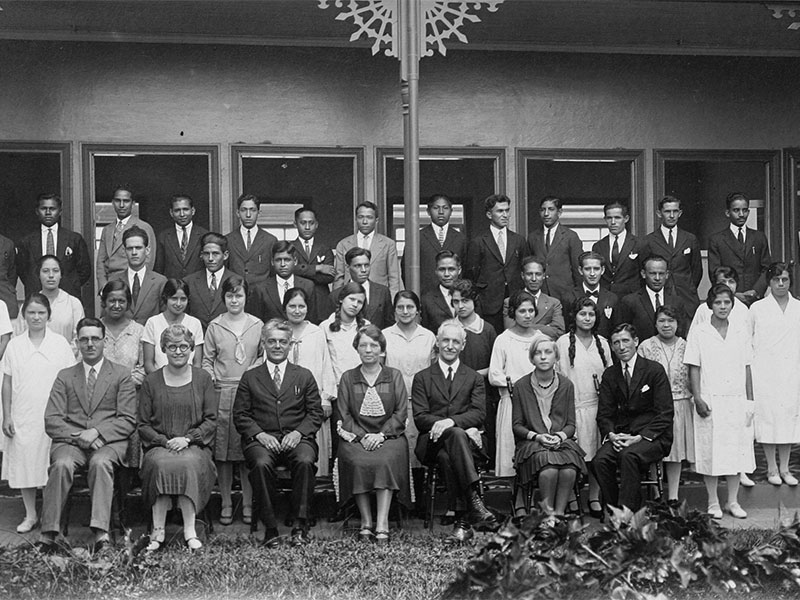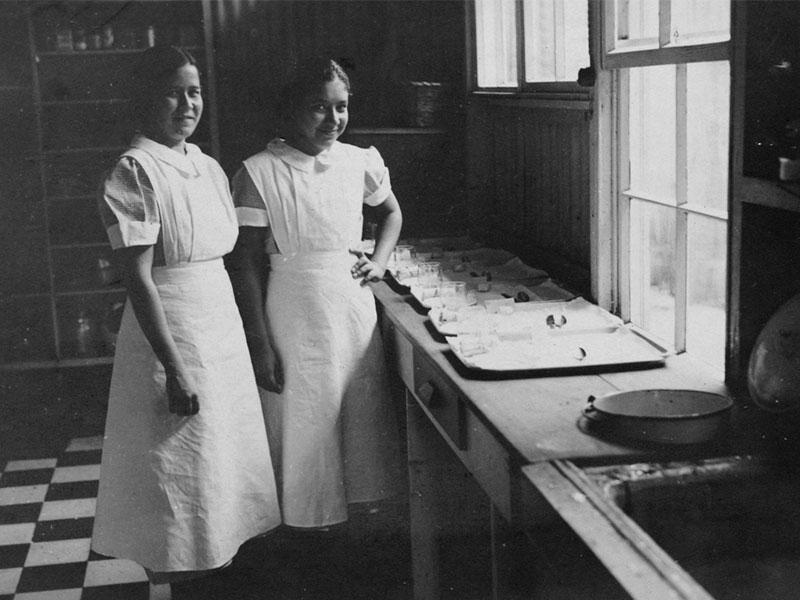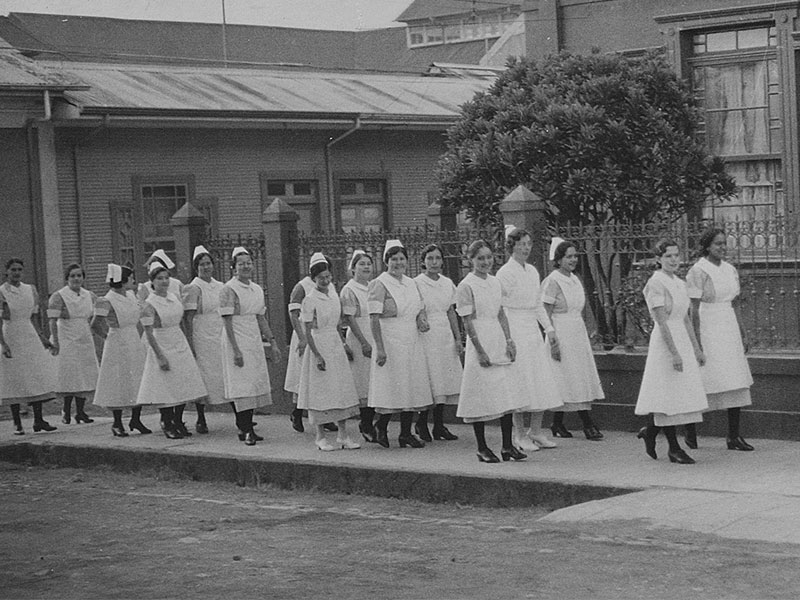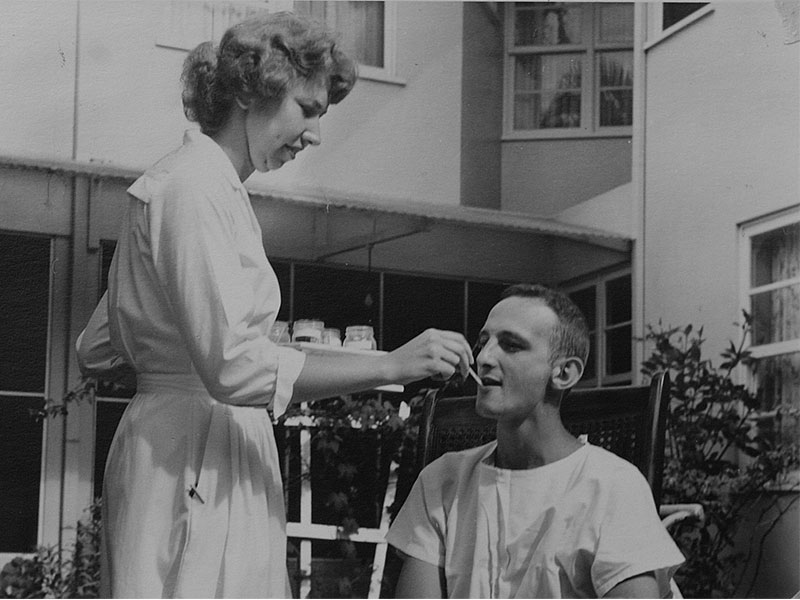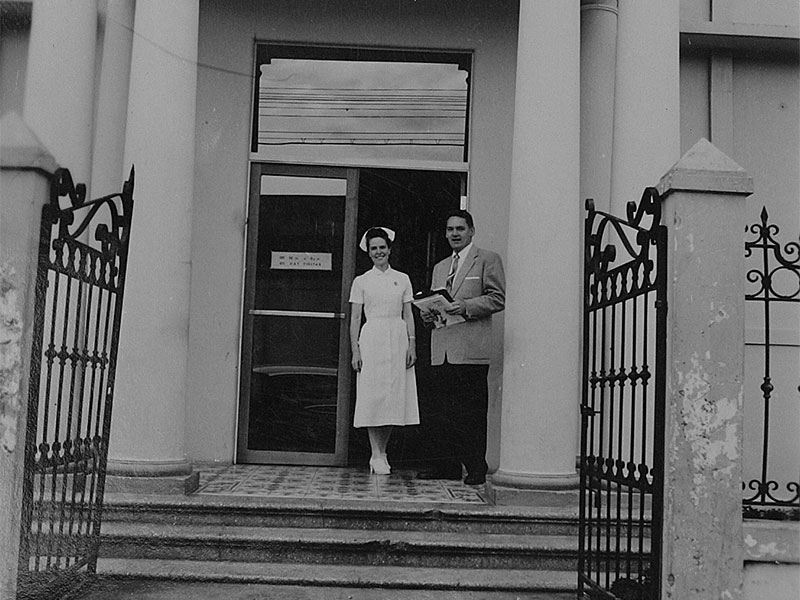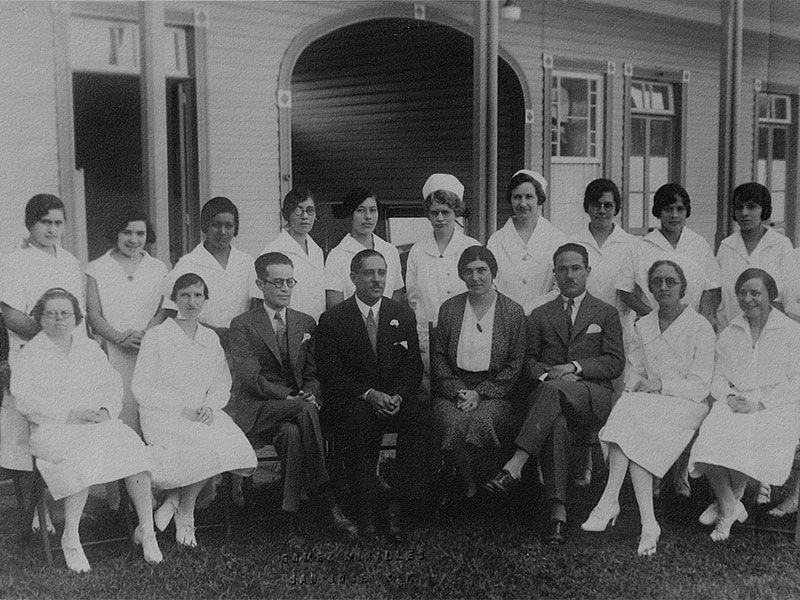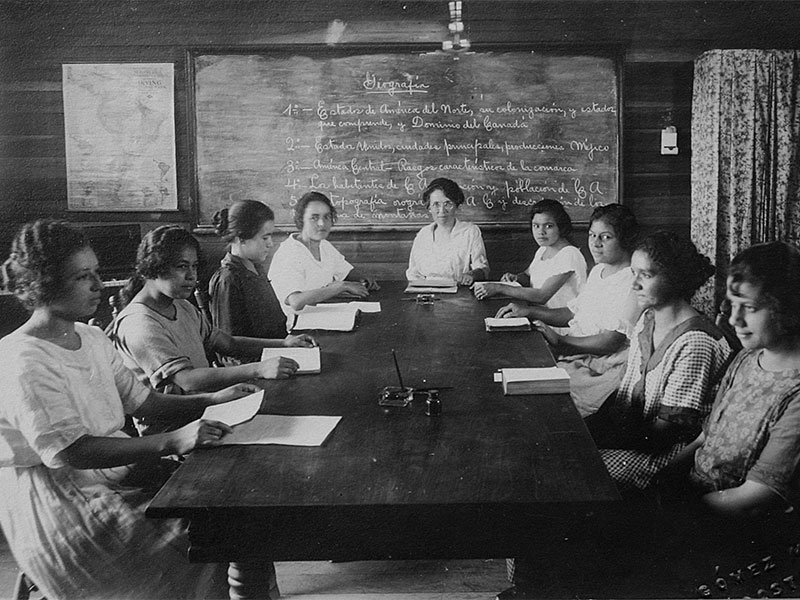Taking care of life with hospital quality and social commitment
93 years caring for life and reaffirming the social mission
Upon completing 93 years of service, the Hospital reaffirms its social mission of strengthening programs that promote the comprehensive well-being and development of people, thereby reducing inequality gaps and positively impacting the quality of life of our patients. Fulfilling its social mission, Hospital Clínica Bíblica impacts many families and communities through the Social Action Program, which is financed with the resources generated by the hospital's operation.
"We are a network of hospital services committed to Christian values and principles reflected day by day through our actions, with love for our neighbor and acts of solidarity, especially for those who need it most", Laura Brenes, Director of the Program of Social Action.


